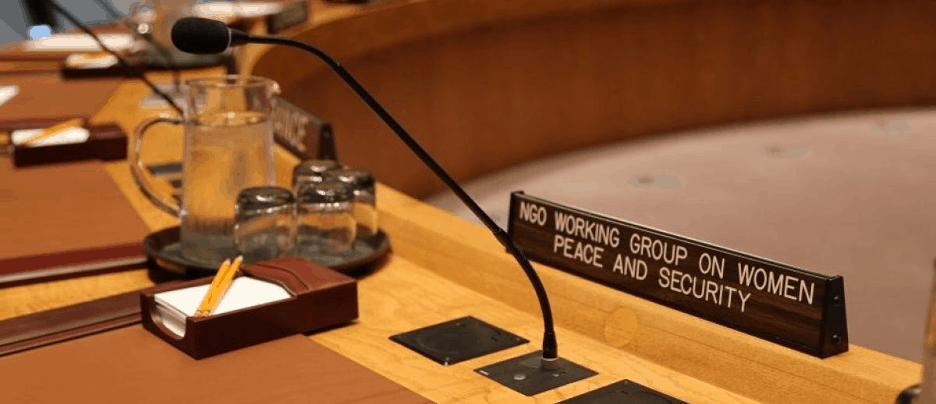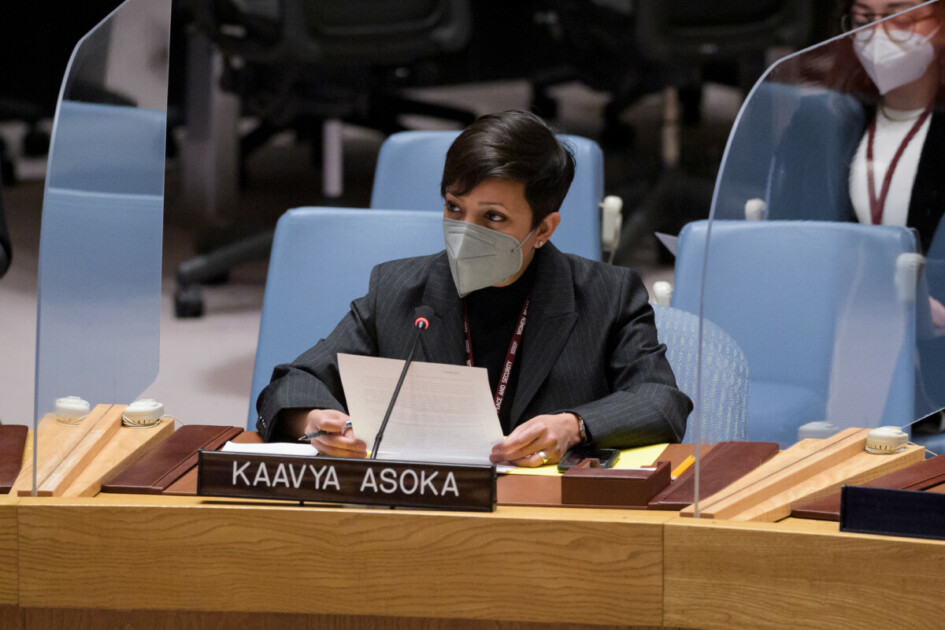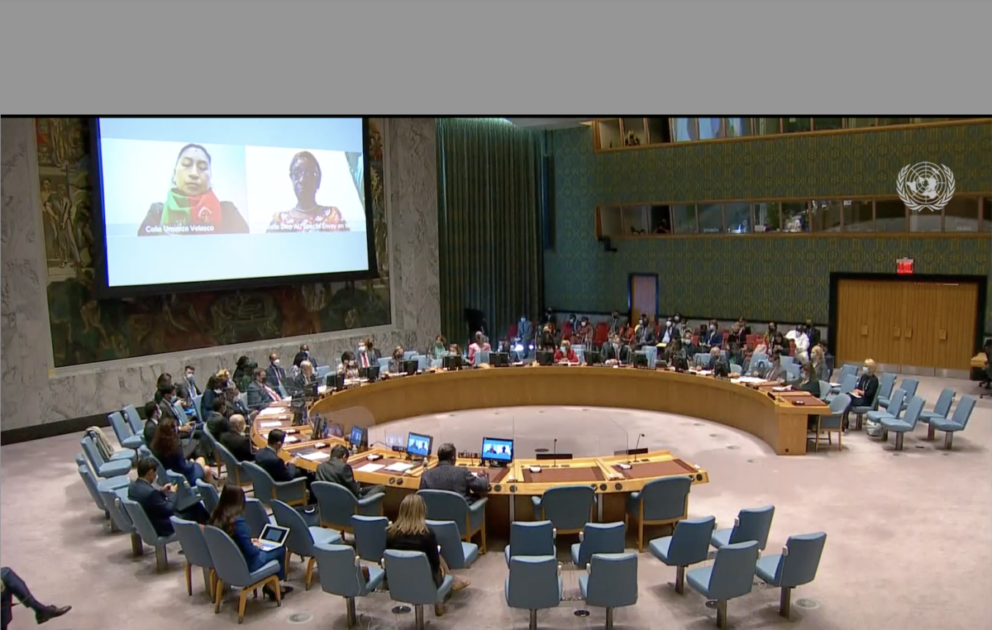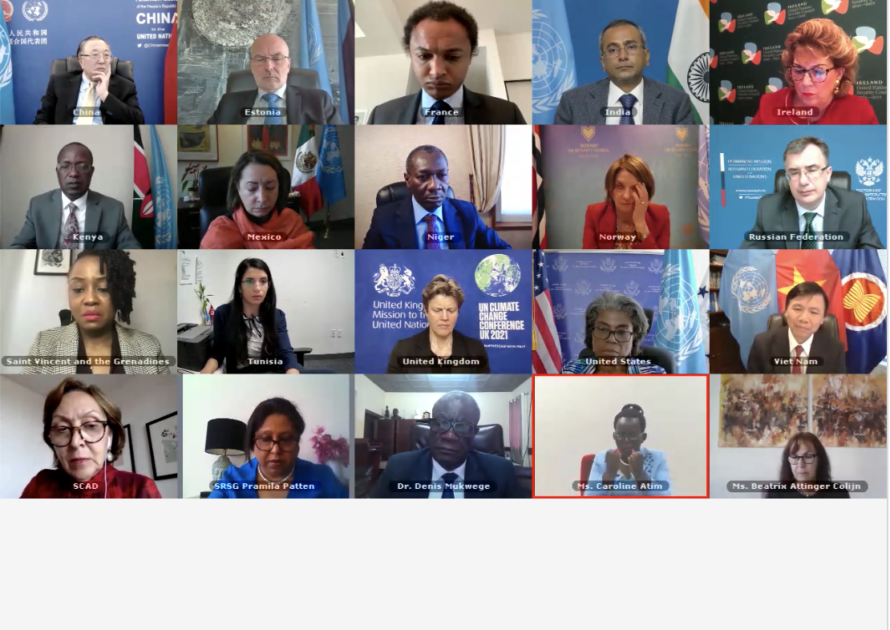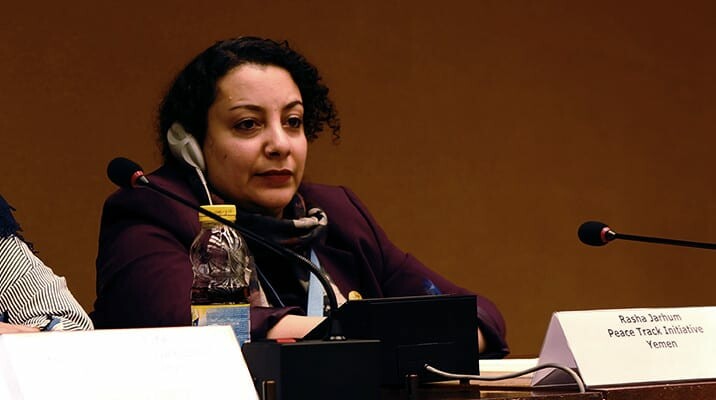Women, Peace & Security Agenda
Women, Peace & Security (WPS) Agenda
Current and Past Recommendations to the UN Security Council (Monthly Action Points)
The Council is expected to discuss the Secretary-General’s recent report on Sexual Violence in Conflict (SViC). During the Open Debate all Member States are strongly urged to detail what concrete and measurable steps they will take to redress the serious remaining implementation deficits on the SViC element of the women, peace and security agenda. Preventing and responding to SViC must involve consultation with affected women in a safe and respectful manner and engagement with local-led civil society organizations providing survivors with essential services. In their statements, Member States are encouraged to raise the following areas of concern:
- Extremism: In the context of the recent spread of violent extremism and terrorism which systematically targets women and employs sexual and gender-based violence, Member States are strongly urged to better address the impact of violent extremism and terrorism on women and girls. Local women’s leadership and participation must be prioritized and supported within these efforts. Combating extremism necessitates the removal of discriminatory laws, practices and policies at national and local levels.
- Investigation and Provision of services: Member States should ensure Women Protection Advisors (WPAs) investigate cases of conflict-related sexual violence only with the survivor’s consent. Member States should commit to removing barriers that prevent many survivors, particularly those who are displaced, from accessing multisectoral services, including non-discriminatory medical care covering the full range of services needed by rape survivors such as HIV prophylaxis and the safe termination of pregnancy. All investigations must be conducted in line with international standards and ethical and safety guidelines.
- Agency and Participation: Member States should emphasize and ensure that women’s agency and participation is an equal focus of this agenda in order to address underlying causes of sexual violence in conflict. Special considerations should also be taken into account to ensure groups who face particular risks in conflict situations are protected, such as displaced women and girls, and women and girls with disabilities, and those from ethnic or religious minorities. Furthermore, particular attention must be given to the safety of women human rights defenders so that they can carry out their important work without threats, intimidation or attacks. Sufficient resources should be devoted to women-led civil society organizations, particularly those providing services to survivors and those amplifying women’s participation in decision-making
- Accountability for conflict-related sexual violence: Member States should call for comprehensive justice strategies, including accountability and reparation in line with international humanitarian and human rights law.
- Small arms and light weapons: In view of the impact of the flow of small arms and light weapons, States should be encouraged to ratify and implement the ATT and stop exporting arms where there is a substantial risk they could be used to commit or facilitate serious violations of international human rights and humanitarian law, including sexual and gender-based violence.
The Council is expected to discuss the Secretary-General’s recent report on Sexual Violence in Conflict (SViC). During the Open Debate all Member States are strongly urged to detail what concrete and measurable steps they will take to redress the serious remaining implementation deficits on the SViC element of the women, peace and security agenda. Preventing and responding to SViC must involve consultation with affected women in a safe and respectful manner and engagement with local-led civil society organizations providing survivors with essential services. In their statements, Member States are encouraged to raise the following areas of concern:
- Extremism: In the context of the recent spread of violent extremism and terrorism which systematically targets women and employs sexual and gender-based violence, Member States are strongly urged to better address the impact of violent extremism and terrorism on women and girls. Local women’s leadership and participation must be prioritized and supported within these efforts. Combating extremism necessitates the removal of discriminatory laws, practices and policies at national and local levels.
- Investigation and Provision of services: Member States should ensure Women Protection Advisors (WPAs) investigate cases of conflict-related sexual violence only with the survivor’s consent. Member States should commit to removing barriers that prevent many survivors, particularly those who are displaced, from accessing multisectoral services, including non-discriminatory medical care covering the full range of services needed by rape survivors such as HIV prophylaxis and the safe termination of pregnancy. All investigations must be conducted in line with international standards and ethical and safety guidelines.
- Agency and Participation: Member States should emphasize and ensure that women’s agency and participation is an equal focus of this agenda in order to address underlying causes of sexual violence in conflict. Special considerations should also be taken into account to ensure groups who face particular risks in conflict situations are protected, such as displaced women and girls, and women and girls with disabilities, and those from ethnic or religious minorities. Furthermore, particular attention must be given to the safety of women human rights defenders so that they can carry out their important work without threats, intimidation or attacks. Sufficient resources should be devoted to women-led civil society organizations, particularly those providing services to survivors and those amplifying women’s participation in decision-making
- Accountability for conflict-related sexual violence: Member States should call for comprehensive justice strategies, including accountability and reparation in line with international humanitarian and human rights law.
- Small arms and light weapons: In view of the impact of the flow of small arms and light weapons, States should be encouraged to ratify and implement the ATT and stop exporting arms where there is a substantial risk they could be used to commit or facilitate serious violations of international human rights and humanitarian law, including sexual and gender-based violence.
Relevant Resources
